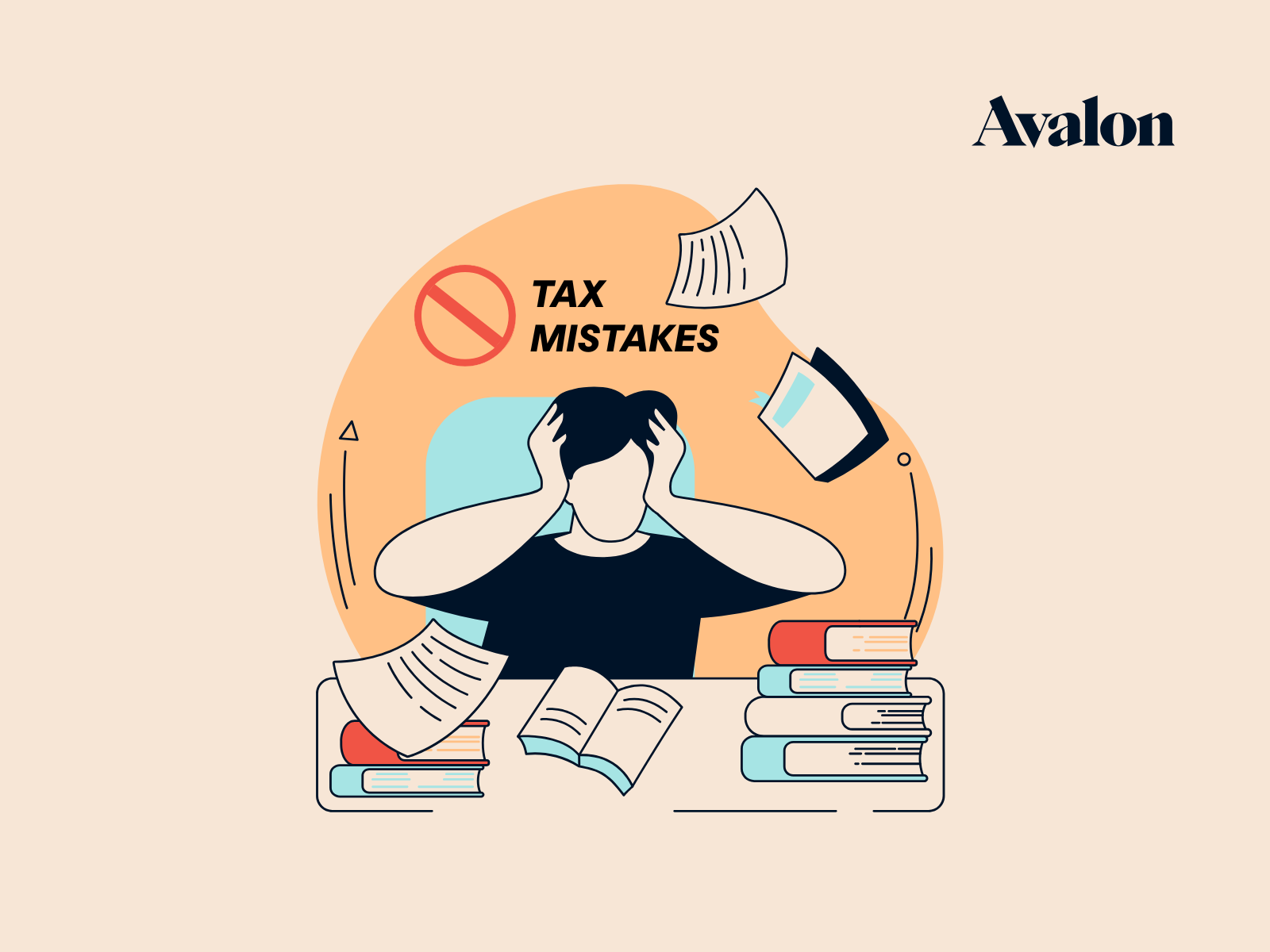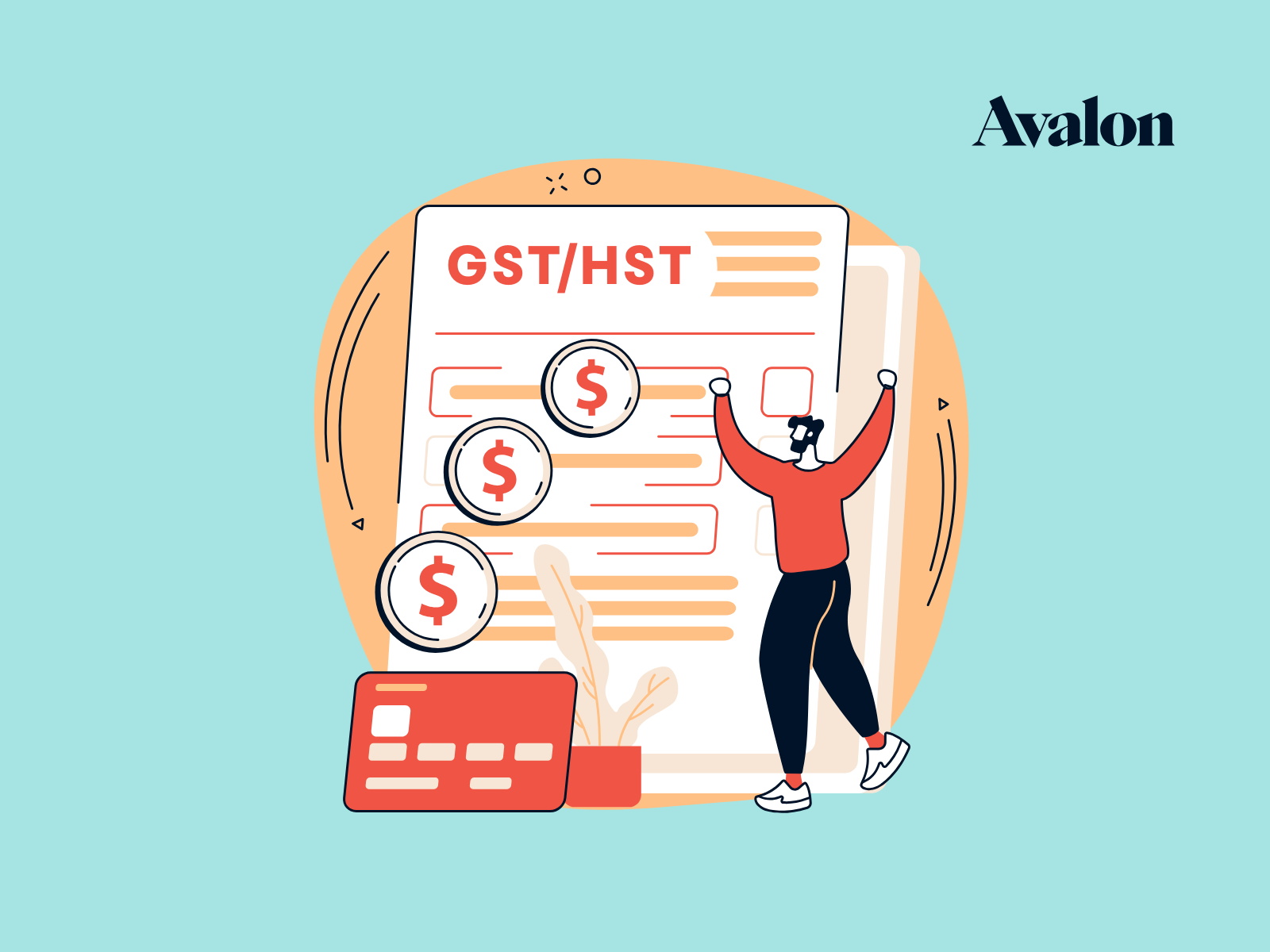The classification of “personal services business” relates to some incorporated small businesses in Canada.
Being classified as a personal services business means that your corporation will lose out on many of the tax benefits that usually exist for a corporation in Canada.
What is a Personal Services Business?
A Personal Services Business (PSB) is a classification the CRA gives a corporation who has the following characteristics:
- An individual performs services on behalf of the corporation.
- That individual is a shareholder or related to a shareholder of the corporation.
- If it were not for the corporate structure, that individual would have been considered an employee of the hirer.
- The corporation does not employ more than 5 full time employees throughout the year.
- The services are not being provided to an associated corporation.
In more plain terms:
You might be a personal services business if: your corporation has only one client and employs less than six full time people.
Personal Services Business Example
A common scenario we see PSB’s occur is with tradespeople. Below is an example of what that may look like:
A construction company “Build Co” does not want to hire employees and pay CPP, EI, vacation, etc. As a result, they tell their carpenters to incorporate so they can pay the corporation and not worry about payroll costs. You can read our blog post to learn more about the difference between employee vs contractor.
The carpenter, Jeff, incorporates “Carpentry Co” and is the only shareholder and worker for Carpentry Co. Carpentry Co has no other sources of income.
Build Co pays Carpentry Co based on Jeff’s time. Build Co controls when and how Jeff works (similar to that of an employee).
As a result, Carpentry Co is considered a PSB as it has met the 5 criteria:
- Jeff provides carpentry services on behalf of Carpentry Co
- Jeff is the shareholder of Carpentry Co
- If it weren’t for Carpentry Co, Jeff would be considered an employee of Build Co
- Carpentry Co does not have any other employees
- Build Co is not related or associated to Carpentry Co
What Happens if CRA Says Your Corp is a PSB?
Tax Rates Go Up
Personal Services Business’ do not qualify for the small business deduction that most Canadian small businesses are privy to. To make matters worse for PSB’s, in 2016 the government also added an additional 5% tax on income earned in a PSB.
As a result, the difference for a PSB operating in BC equates to 34% higher taxes.
Tax for a non-PSB small business in BC with $100,000 income =
$9,000 federal plus $2,000 BC = $11,000 total tax
Tax for a PSB small business in BC with $100,000 income =
$33,000 federal plus $12,000 BC = $45,000 total tax
That’s a big difference!
Limited Deductions Against Income
Unfortunately, there is a big limitation on the types of expenses the corporation can deduct for tax purposes. The following are the only allowable deductions:
- Wages paid to the “incorporated employee.”
- Cost of any benefit or allowance provided to the “incorporated employee.” This could be if the corporation provided medical benefits as part of the employment agreement.
- Costs related to selling property or negotiating a contract by the corporation, as long as it would have been required for the employee to pay the amount under the employment contract.
- Legal expenses incurred by the corporation to collect amounts owing on services provided.
As a result, it is generally advisable to pay out wages so that there is no net income left in the corporation to be taxed, and you only pay personal taxes on the wages at your marginal tax rate.
Possible Penalties
If you aren’t aware that you should have been filing as a PSB, and CRA later determines you meet the criteria, you could be subject to penalties and interest for filing incorrectly and paying the wrong tax rate.
We want to avoid this! So reach out if you are unsure!
How to Minimize Tax as a Personal Services Business
Since the tax rate applicable to PSB’s is much higher and the deductions are limited, the best way to minimize tax is to pay out all earnings in the corporation as wages to the incorporated employee.
This will result in no taxable income inside the corporation and allow the incorporated employee to pay tax at their marginal personal tax rate.
An annual salary of $100,000 paid by a PSB to a BC employee results in taxes of $25,400
Sure there is also approximately $6,000 payable for CPP benefits, but that still only brings the total cost to $31,400 which is much better than the $45,000 that the corporation would have paid otherwise.
What About Dividends?
You may be thinking, “What about if I pay myself dividends from my PSB instead of wages?”
That’s a good question!
Dividends are not deductible against corporate income, therefore the PSB would still be subject to that high 45% corporate tax.
On top of that, you would now have to pay personal tax on the dividend taken. Using our example from above, a $100,000 dividend would result in personal taxes of $15,700 for a BC resident.
That would mean that on the $100,000 the PSB earned and paid out as dividends, the total tax paid would be $60,700 ($45,000 + $15,700) so you would only end up with a measly $39,300!
Recommendation
If you find yourself in the situation where your company may be considered a PSB, reach out early!
The best way to mitigate any negative tax consequences is to flow all PSB income out as wages. But this means you need to identify the situation early so you can register for a payroll account and start taking wages.
If you think this might be an issue for your corporation, we may be able to help out. We provide this type of guidance to our clients and can also help set up payroll to limit the tax cost.
Paying Yourself Wages
If you want to get set up with payroll for yourself, we also have some resources for you.
- Setting up payroll - Check out our comprehensive article on how to run up payroll in Canada.
- Manual payroll - Joe also has a 5-part YouTube series on running your own payroll. You can find that whole series here along with our Google sheet payroll template.












